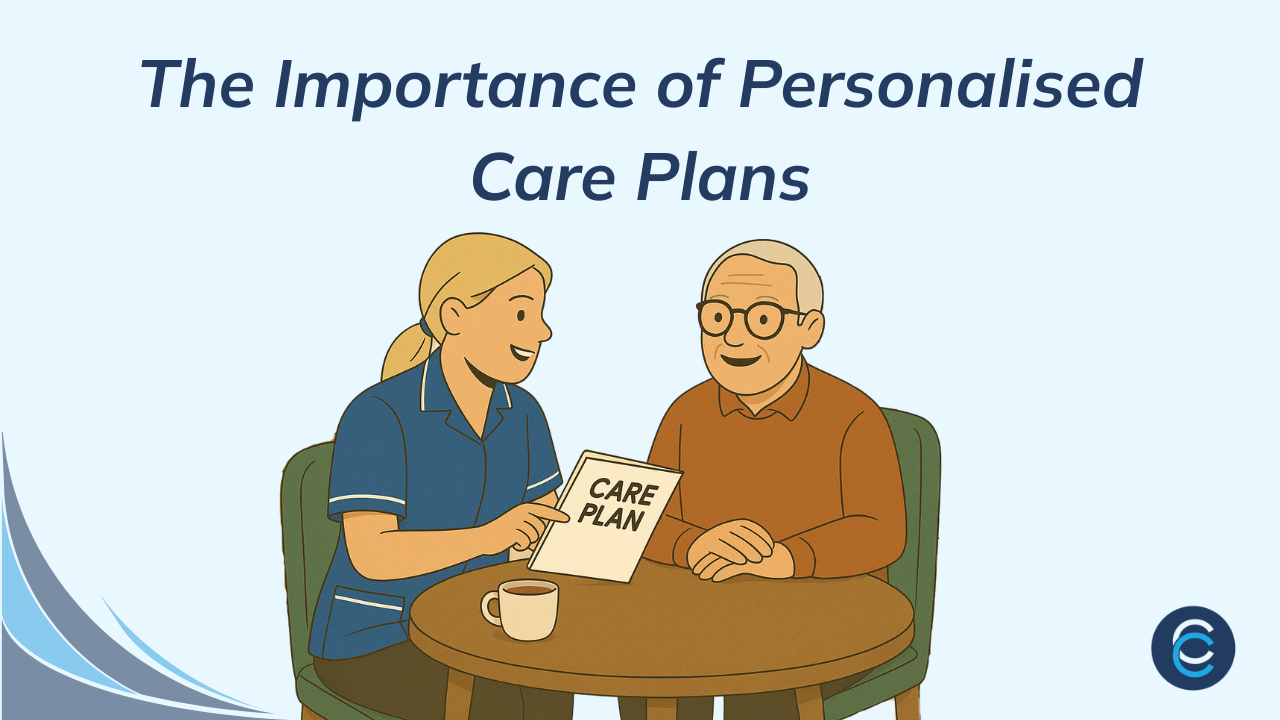Claire's Ideal Carer
I’d like to introduce you to Claire. She’s fifty something, happily married with two adult children and lots of friends. She’s intelligent, hard working, funny, cheerful and immensely frustrated. In the piece of writing Claire tells us a little about her condition and her ideal carer: In 2005, following a ballooning accident, I was diagnosed with Primary Progressive MS. In the first few years I noticed very little difference; I was perhaps a little clumsier, tired more easily and found my balance and mobility more challenging. Hot weather and minor illnesses were more debilitating than they had been.
As the disease progressed so did the severity of my symptoms. I was forced to give up my teaching career as I could no longer cope with the punishing 10 hour days and incessant marking. My mobility deteriorated. I needed a wheelchair, a walker, a mobility scooter and an assistance dog. Finding suitable holiday accommodation was very difficult. My husband became my carer, cook, chauffeur and our social life shrank. Irrespective of assurances to the contrary I was conscious of being a burden to my family and friends. By 2017 I was increasingly housebound and Isolated. I felt that support from a professional carer had the potential to improve both my and our family’s lives. My situation is typical of the millions of people each year who find themselves unexpectedly disabled or suffering from a chronic illness. The necessity of finding a carer presents a number of awkward issues amongst which is identifying the combination of knowledge, skills, experience and personality traits which will benefit and enable the individual user.
Some knowledge and skills would be valuable irrespective of the user and their condition. A degree of proficiency in medical concepts such as the prevention of infection, the appropriate application of first aid, common allergies and their treatments and possible actions in the event of a fall. Any sensible user would expect their carer to have researched their illness including symptoms, aggravating factors and treatments in order to avoid obvious risks such as exposing someone to excessive heat or cold. Carers are generally entitled to a free flu jab ; taking advantage of this offer would limit the likelihood of a carer transmitting an infection to a particularly susceptible patient. There are a number of practical skills that would liberate a lonely, housebound person. A clean driving licence opens a profusion of doors; keeping as fit as possible through activities such as gym visits and swimming lessons, stimulation from day trips to explore local beauty spots and enjoy local activities many of which have disabled friendly facilities: Countryside Mobility Chilterns Conservation Board Waterways Experiences A willingness to tackle housework, shopping and cooking will save time and alleviate the stress associated with an unwholesome home environment. It’s difficult to pinpoint all those personality traits which would be most appropriate for a carer as many will depend on the user’s perspective. There is however, a set of core skills, universally pursued. I, and I’m sure many others in my position, expect carers to be supportive, encouraging and patient.
We’re often dispirited and in need of reassurance. Whilst pity is entirely inappropriate sensitivity and understanding are required to ensure the that one is treated with respect and their needs anticipated in myriad situations, ranging from flower arranging to personal hygiene, from arranging holidays to accompanying to the theatre, cinema or a football match. Identifying a need is as great a skill as satisfying it, a skill which generally arises from experience. Dependability and responsibility are essential for the client to feel secure. Ultimately, people in my position are seeking a substitute for their spouse, children, family and friends. They want a companion and a friend, someone to share experiences with, a person they can trust. A local treasure by anyone’s standard.


.png)







